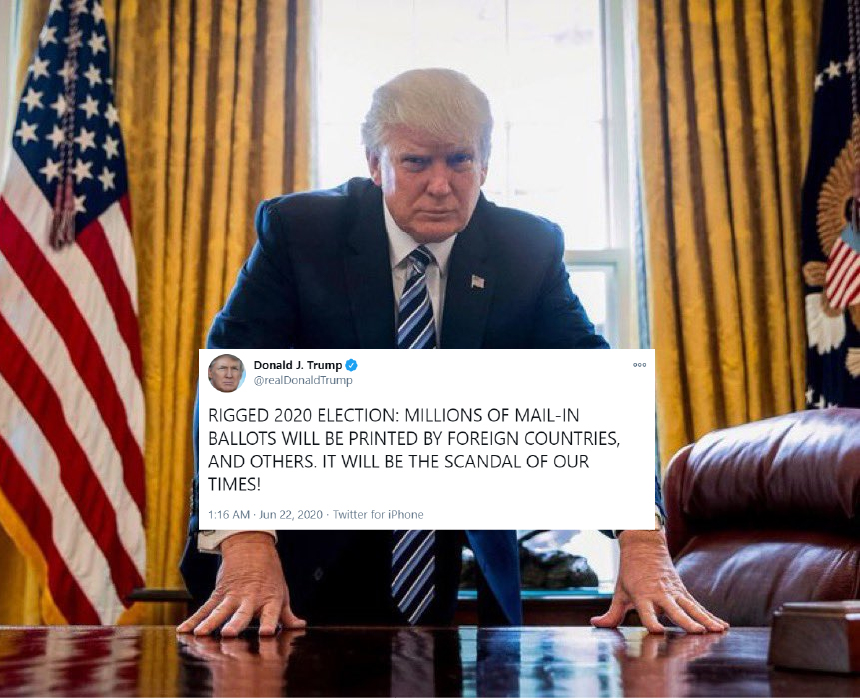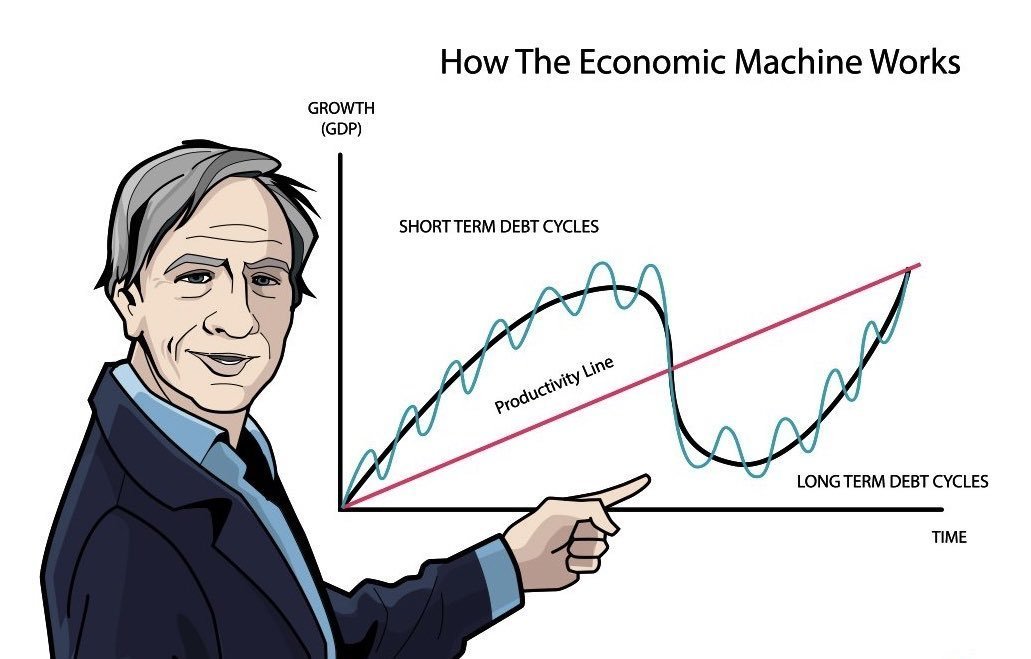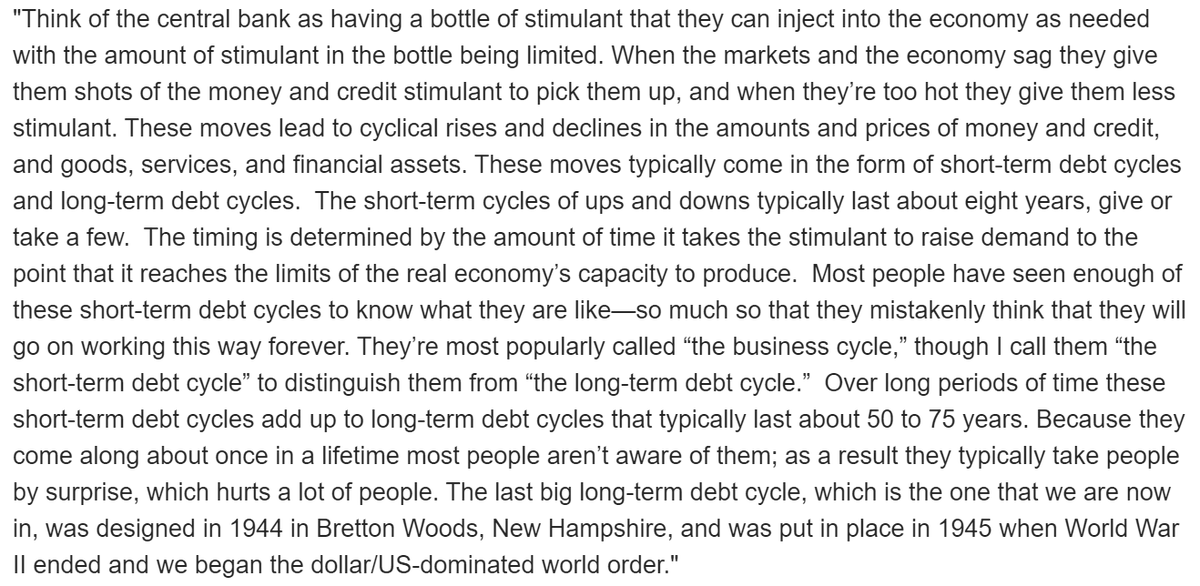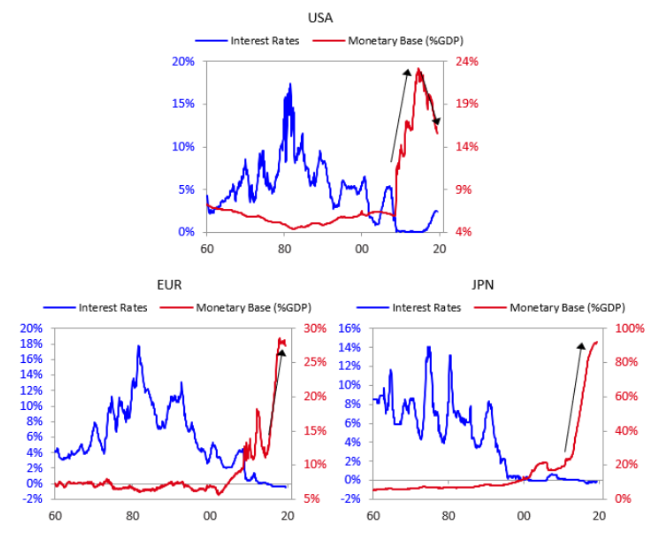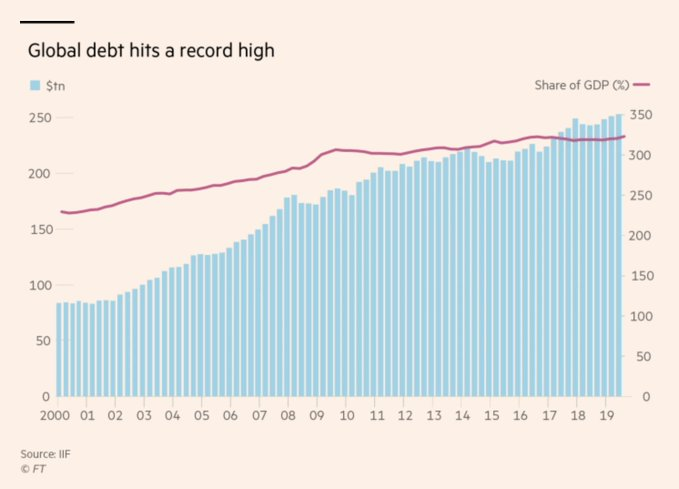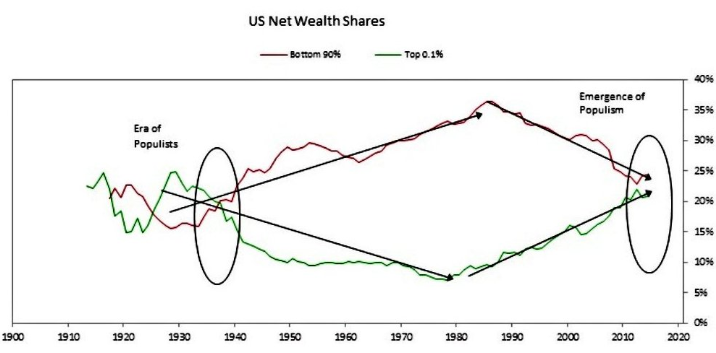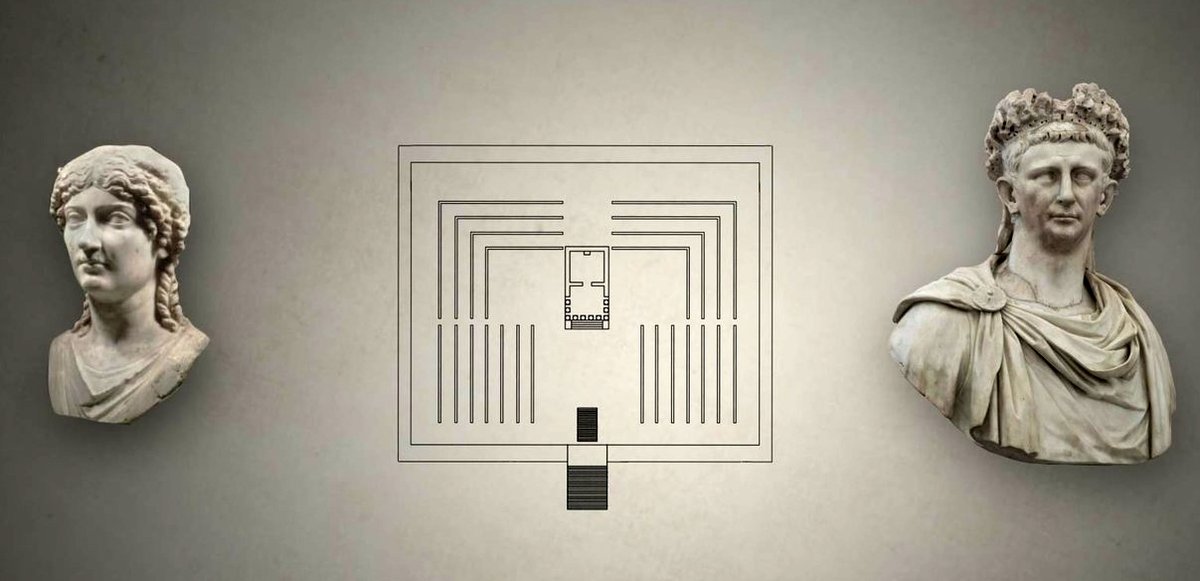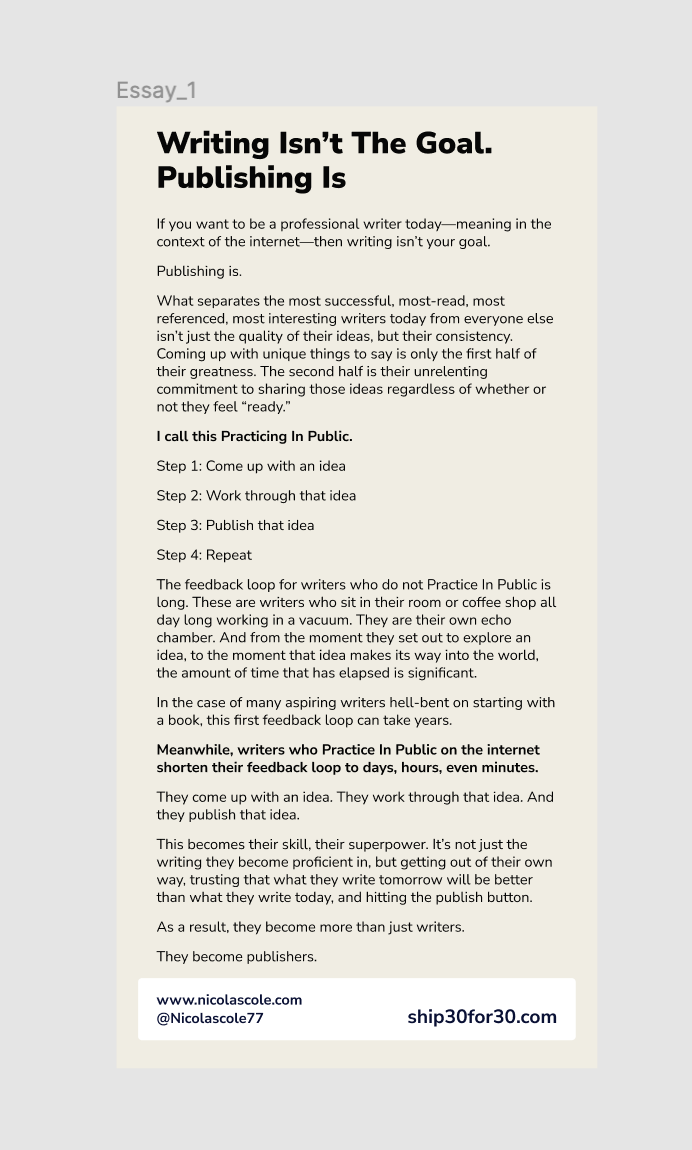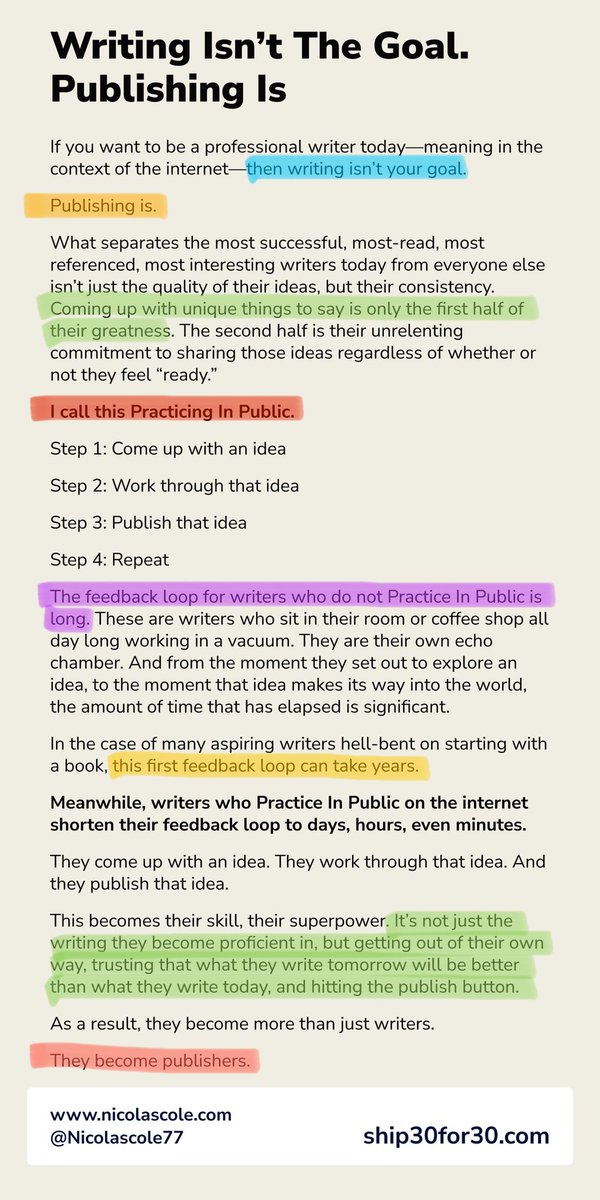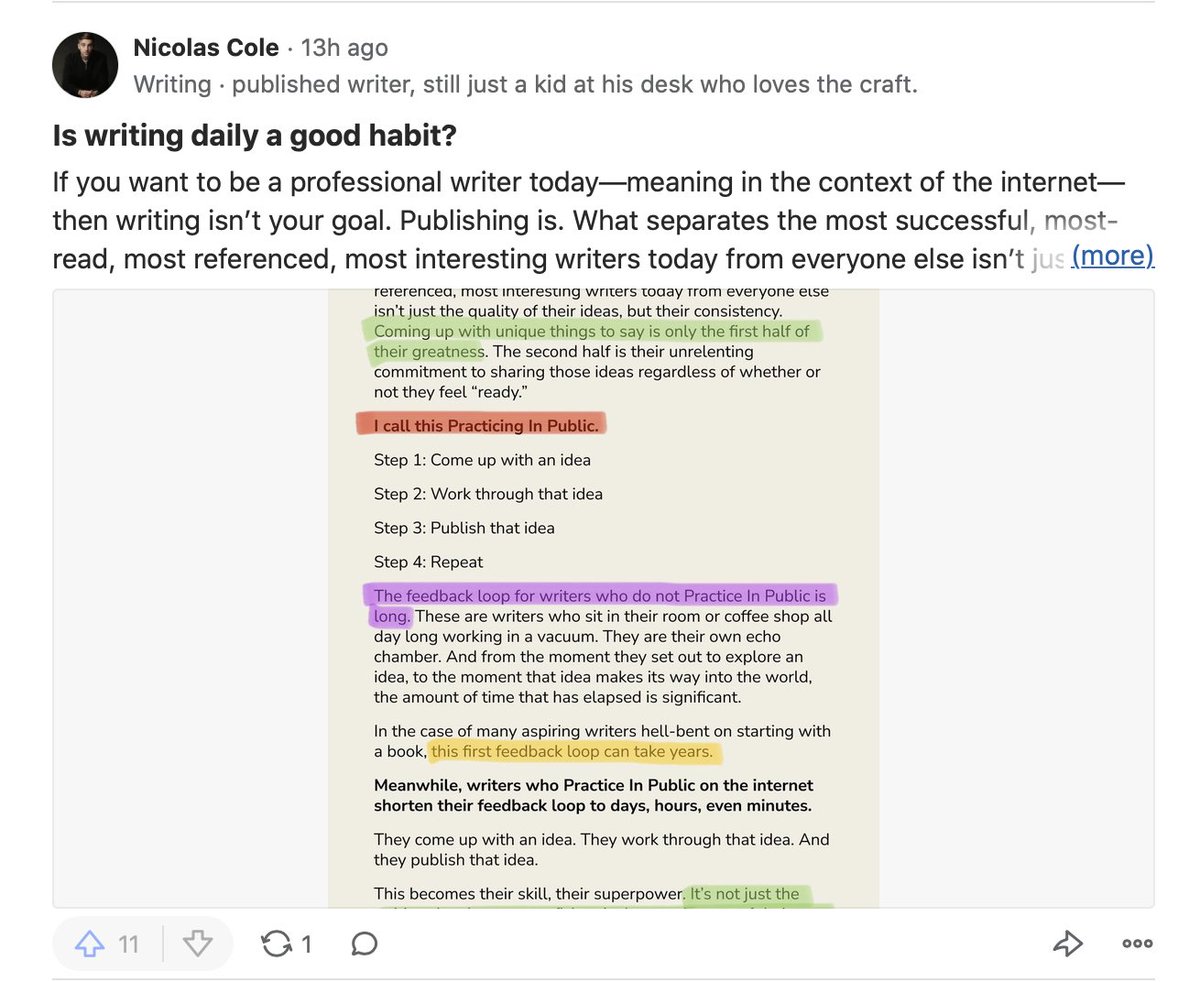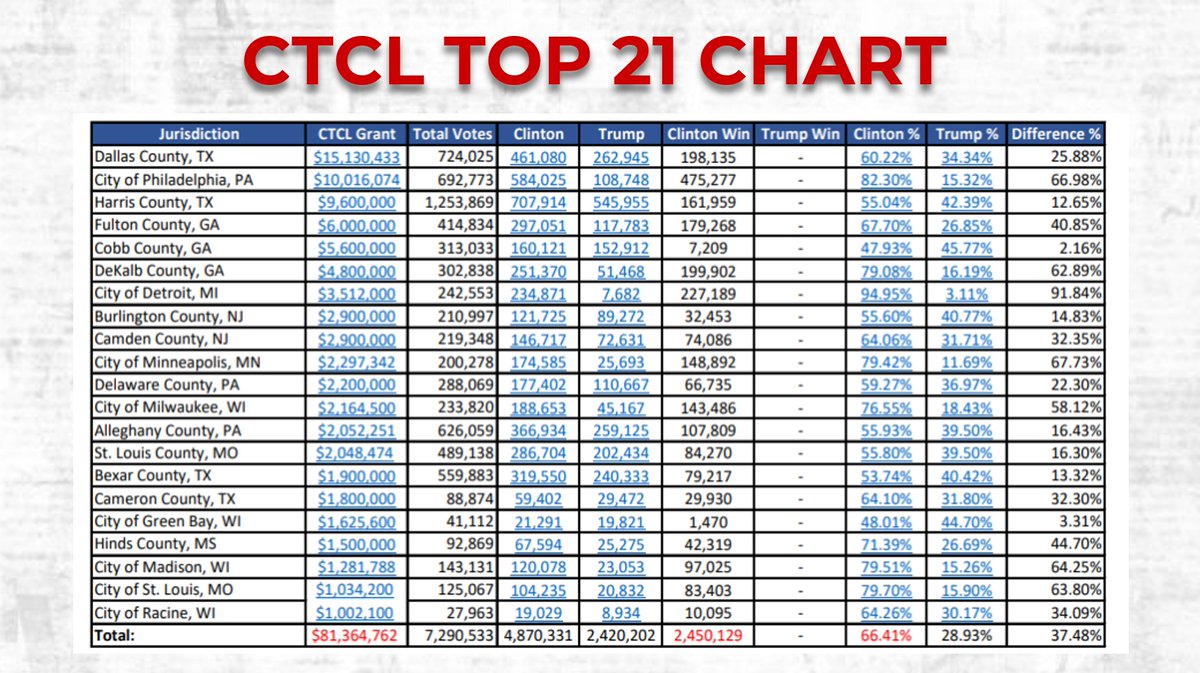
ZUCKERBERG'S ELECTION🚨
1/ Funded by $350 Million from Facebook founder Mark Zuckerberg, activist organizations created a two-tiered election system that treated voters differently depending on whether they lived in Democrat or Republican strongholds.🔻
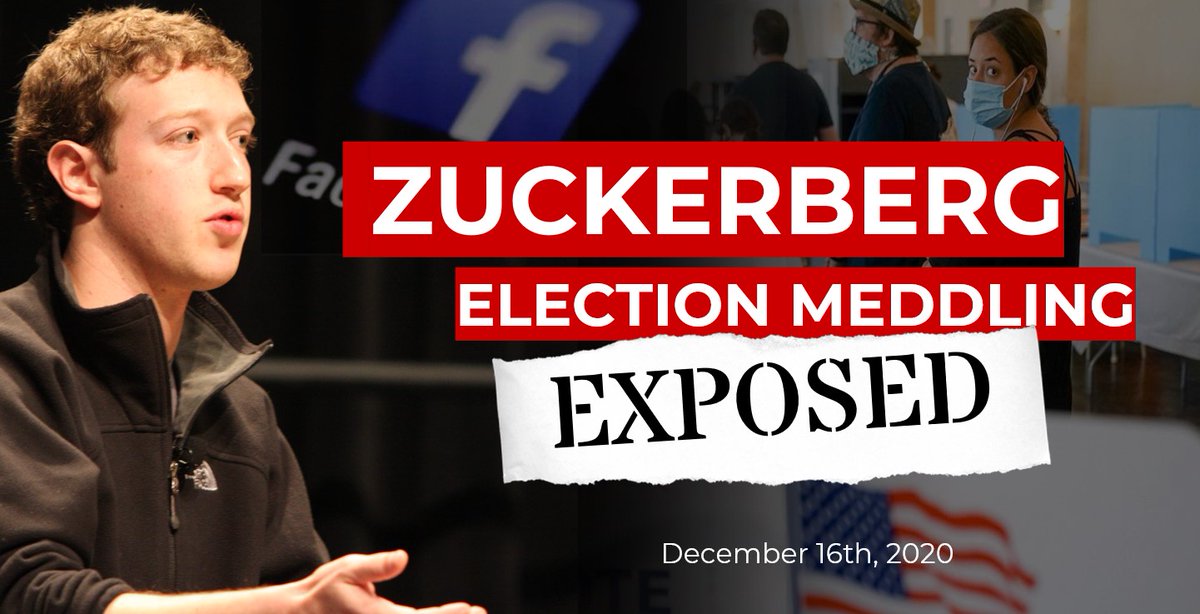

In Pennsylvania, $13,063,828 for Clinton and $692,742 for Trump.
CTCL hidden COVID-19 grant agenda was to increase the votes for Democratic presidential candidate Joe Biden.🔻
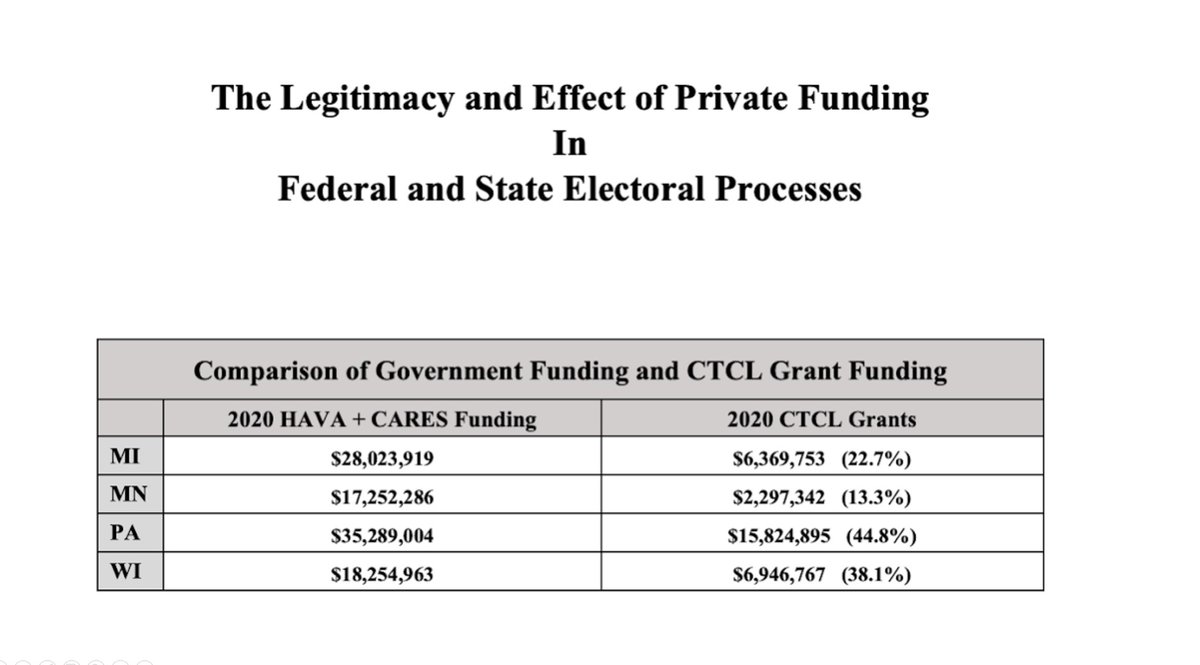
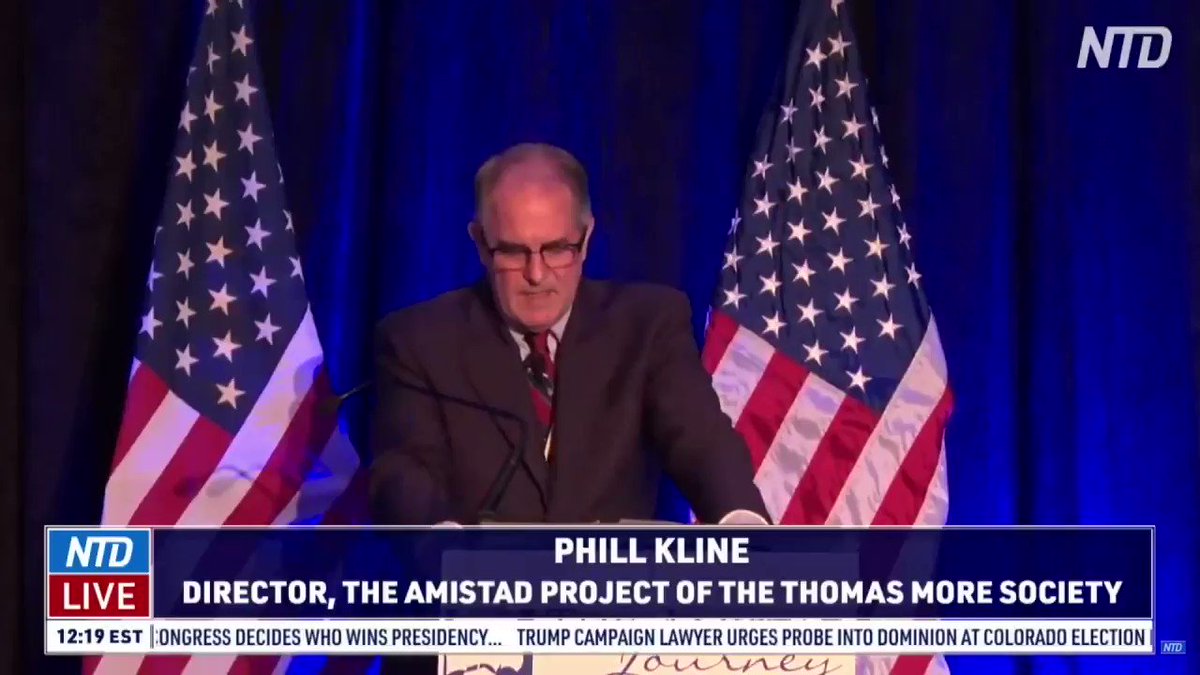
The “Wisconsin Safe Election Plan” was not authored by the state. Effectively, CTCL managed the election in these five cities.
•Promote no voter ID "indefinitely confined"
•Drop Boxes breaching chain of custody
•Consolidating counting centers🔻
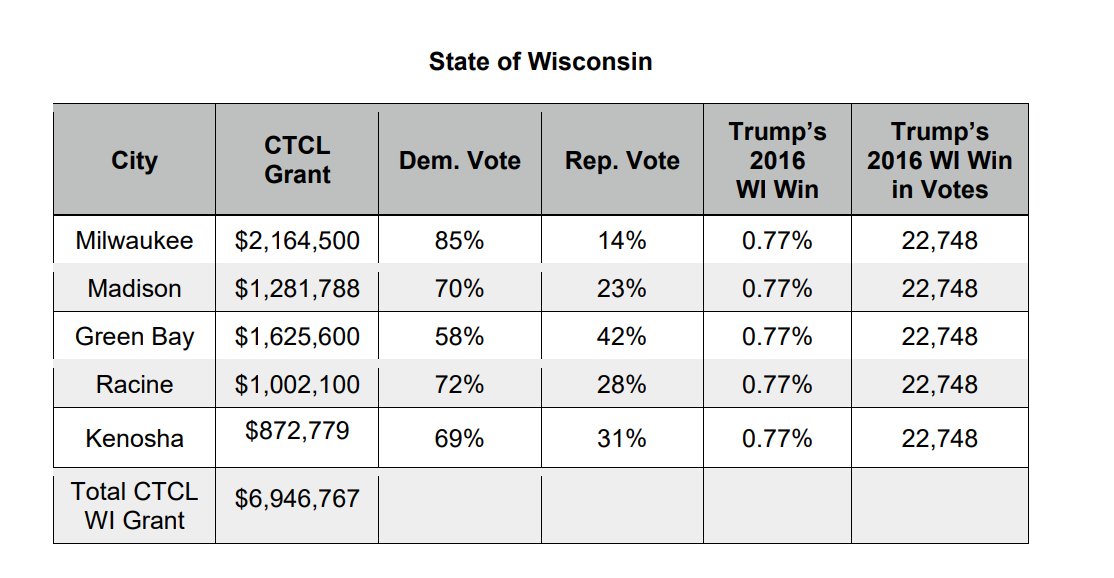
Election officials hired & trained by CTCL failed to provide meaningful bi-partisan observation. They gave direct access of state voter files to "leftist" groups like 'Rock The Vote'. Thousands of ballots were cured without oversight from bipartisan observers.🔻
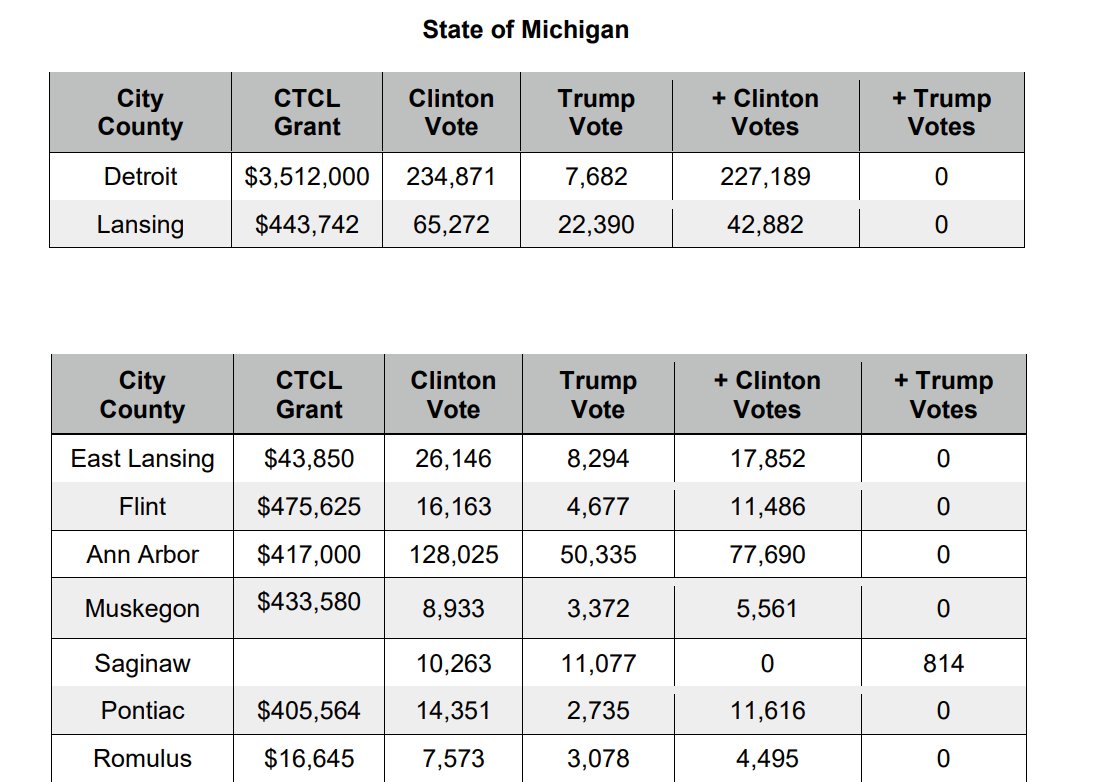
CTCL paid election judges & election officials in Philadelphia mandated polling places & drop boxes.
In Democrat Delaware County, there was 1 drop box every 4 square miles.
In 59 Republican counties, there was 1 drop box every 1,100 square miles.🔻
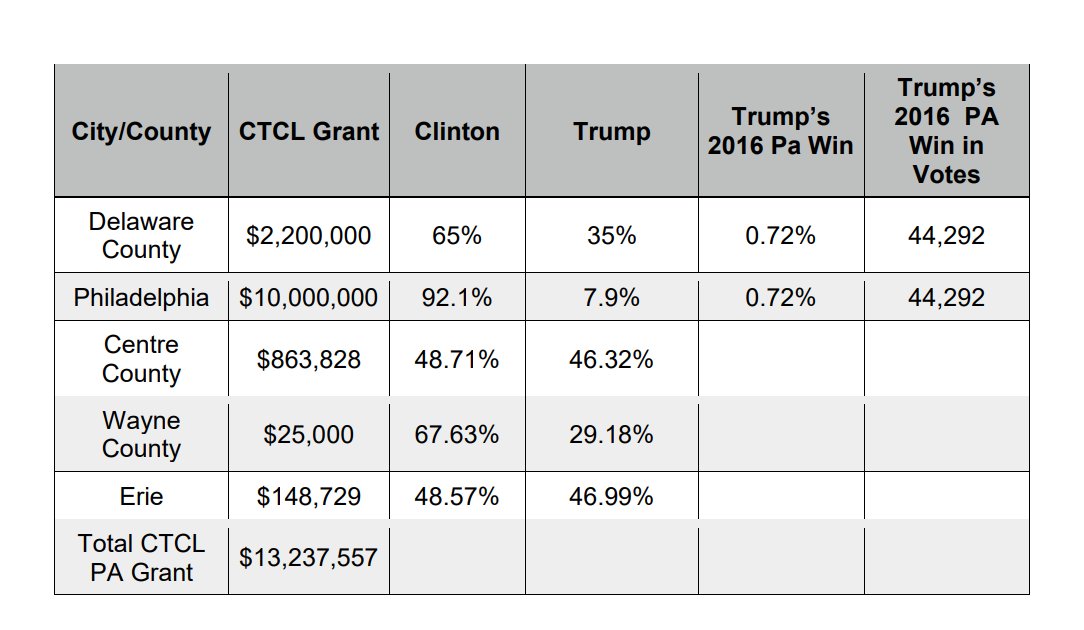
Fulton County allowed private access directly to government voter registration files & access to early voting opportunities.
CTCL-funded counties had drop boxes every 14 square miles while unfunded counties had drop boxes every 294 square miles.🔻
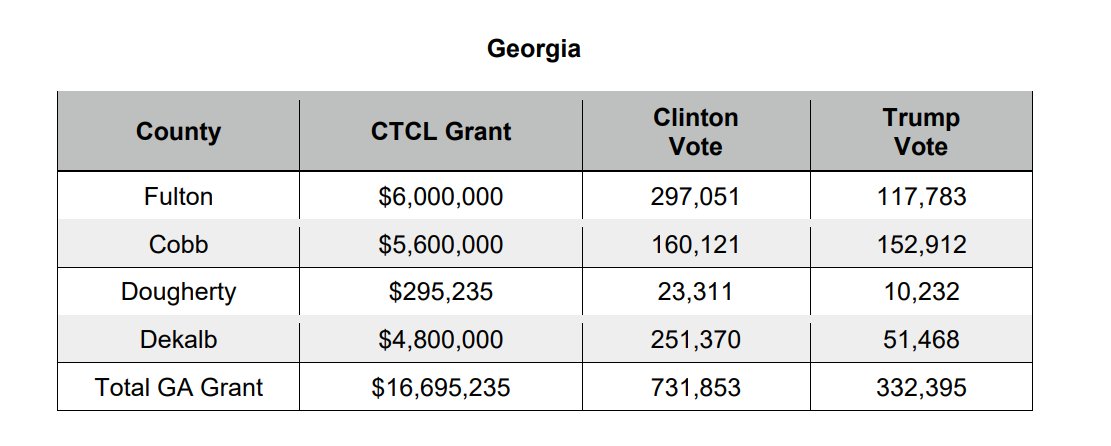
Zuckerberg-money initiated the use of drop boxes for ballot collection, significantly breaching the chain of custody & failing to maintain proper logs to ensure all properly cast ballots were counted & all improperly cast ballots were not counted.🔻
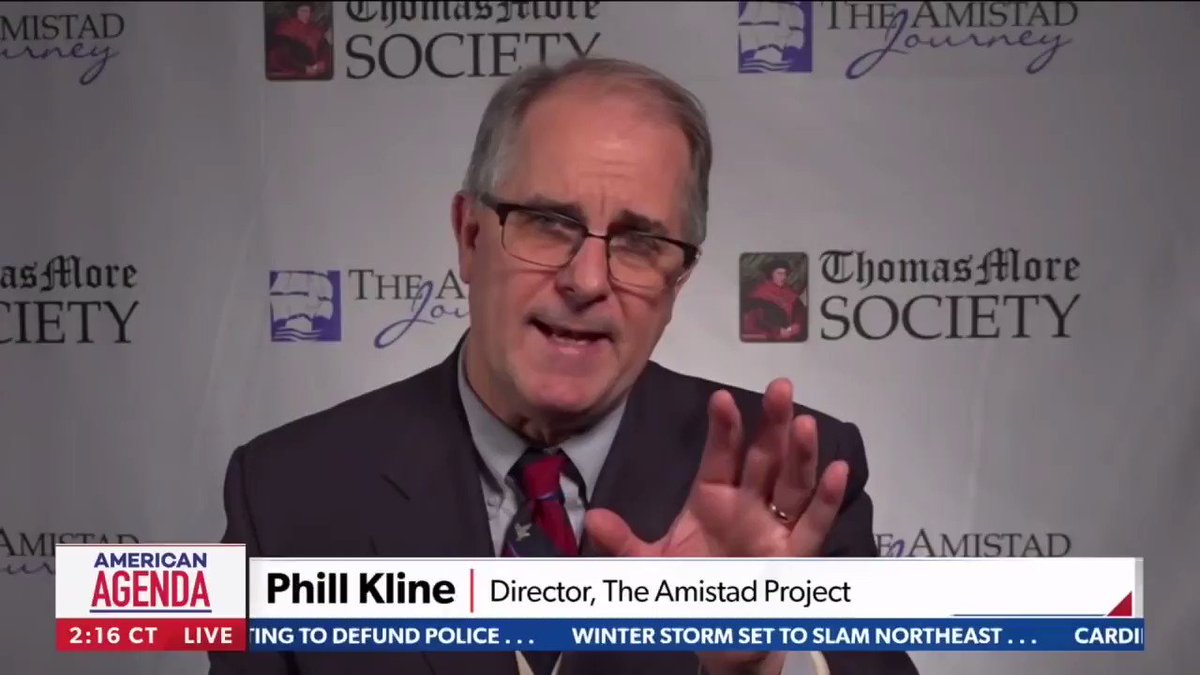
Zuckerberg's charity, CTCL, paid for election judges, purchased the drop boxes, ordered the consolidation of the counting facilities, paid the election officials that boarded up the windows, & dictated the policies that undermined state law.🔻
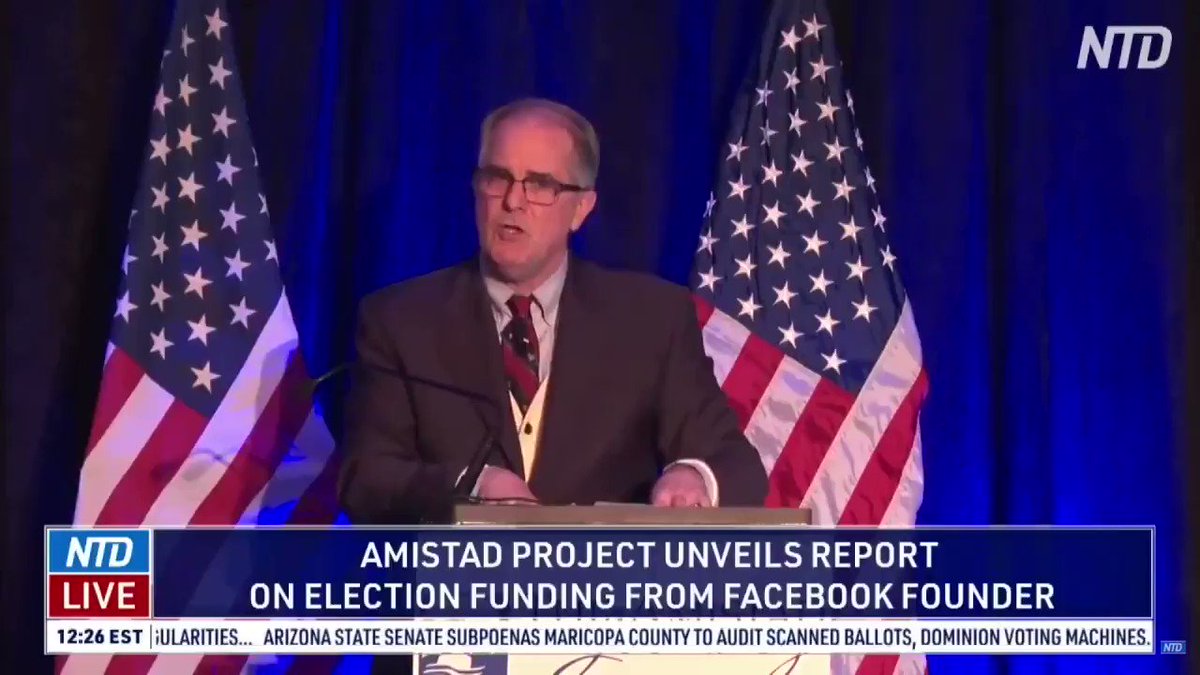
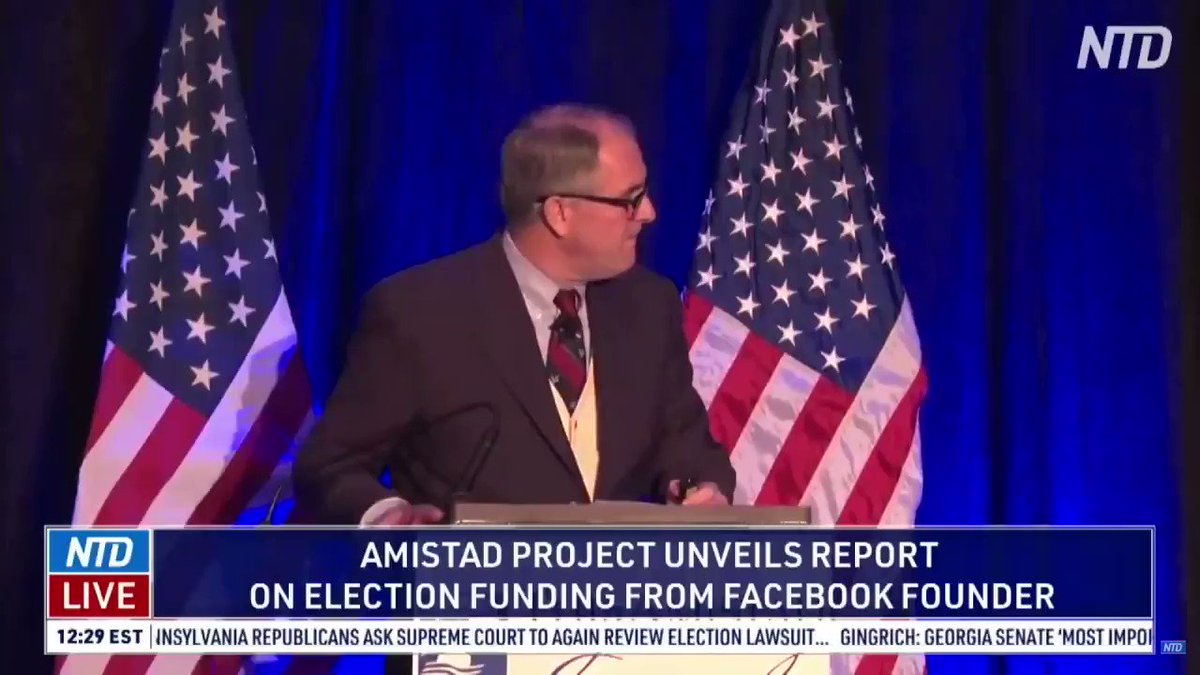
Mahalo to @PhillDKline for fighting for election integrity as a private citizen and compiling this report on how private funds enabled election fraud in several key states.🔻
https://t.co/ekl5es8AnO
https://t.co/uGA5yeCEwB
CTCL\U0001f6a8
— Kanekoa (@KanekoaTheGreat) December 5, 2020
Zuckerberg donated $400M to help with local elections. In Philadelphia, CTCL dictated the polling places, paid the election officials, brought in drop boxes, consolidated the counting centers. In short, private partisan funds led to a violation of equal protection laws.\U0001f53b pic.twitter.com/8j7TxPldZ2
More from Kanekoa
*The Election Map*
There is overwhelming evidence of election fraud in all contested states. Therefore it is the duty of the Executive, Legislative, & Judicial branches to throw out the fraudulent votes & to honor their oath to protect & defend the Constitution of the USA.🇺🇸🦅
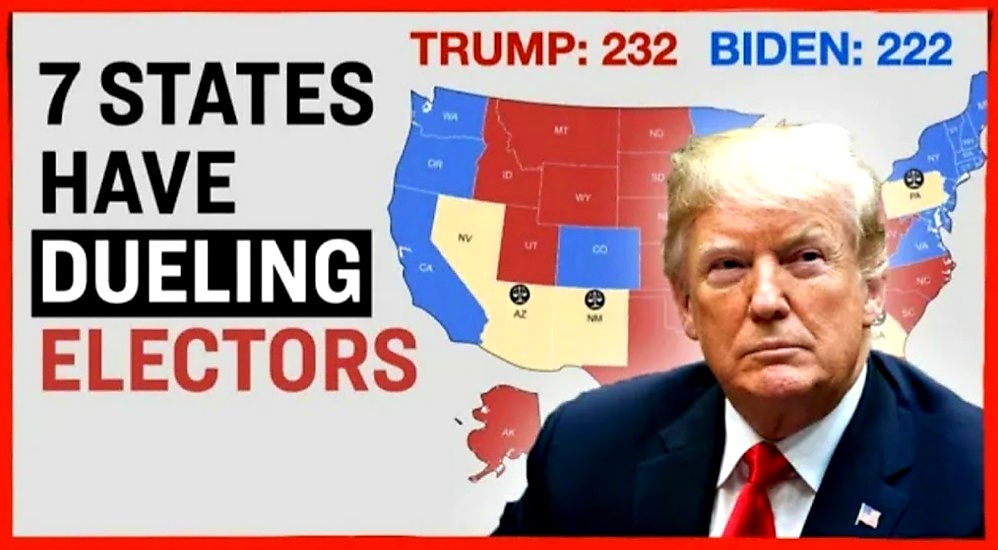
https://t.co/XP9LQuEPtY
https://t.co/LMeZ6uOfzW
There is overwhelming evidence of election fraud in all contested states. Therefore it is the duty of the Executive, Legislative, & Judicial branches to throw out the fraudulent votes & to honor their oath to protect & defend the Constitution of the USA.🇺🇸🦅

https://t.co/XP9LQuEPtY
*The Evidence Collection*
— Kanekoa (@KanekoaTheGreat) December 29, 2020
There is overwhelming evidence of election fraud. Therefore it is the duty of the Executive, Legislative, & Judicial branches to throw out the fraudulent votes & to honor their oath to protect & defend the Constitution of the USA.\U0001f1fa\U0001f1f8\U0001f985
A list below.\U0001f53b pic.twitter.com/x57NgPVhhd
https://t.co/LMeZ6uOfzW
Thread of my threads. pic.twitter.com/KCQ1AOoIn3
— Kanekoa (@KanekoaTheGreat) November 23, 2020


